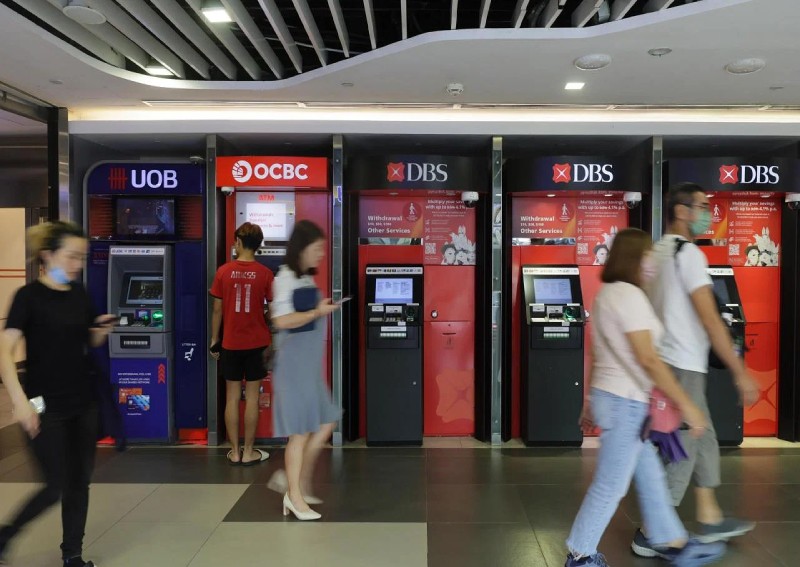WP's Jamus Lim proposes scam victims should bear no more than $500 in losses


Scam victims should not have to bear more than $100 to $500 in losses, with banks and telcos bearing the rest of the costs instead, Workers' Party (WP) Member of Parliament (MP) Jamus Lim suggested in Parliament on Wednesday (Jan 10).
In debating a parliamentary motion on digital safety, Lim called the Monetary Authority of Singapore's (MAS) loss-sharing framework for phishing scams "fundamentally unfair".
In a consultation paper released last October, MAS proposed that financial institutions should bear the full loss in the first instance, followed by telcos — but only if they had failed to protect consumers. If financial institutions and telcos have fulfilled certain pre-defined duties, consumers should bear the full cost.
In Parliament on Wednesday, Lim said that while write-offs are typically a small fraction of a bank's balance sheet, the impact of scams can often be "ruinous" for the depositor.
The government should therefore empower depositors, with a more robust set of laws that offers financial protection to consumers, he said.
Lim acknowledged the view that protecting customers from the consequences of scams creates a moral hazard, making them less likely to take precautions.
But in response, he argued that — as with co-payments in most insurance plans — requiring scam victims to absorb a "reasonable amount of loss" will be enough to motivate them to practise good cyber hygiene. This amount could be set at $100 or $500, he added.
Such an approach would also lead to financial institutions taking a stronger stance against such scams, said Lim.
"Financial institutions will take more care to police phishing and fraud, since they can no longer pass on most of the costs of losses to consumers," he added.
"There will also be a more pressing incentive to chase down transfers made to suspicious counterparties and they will no longer condone and authorise purchases made with ill-gotten money."
This article was first published in The Business Times.